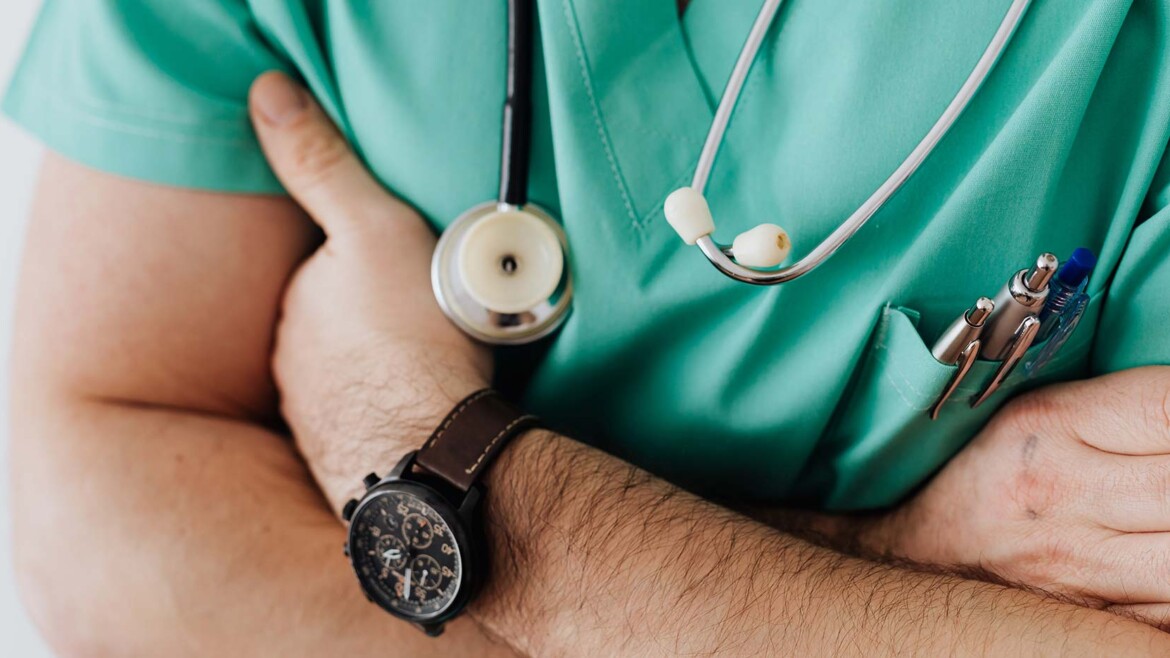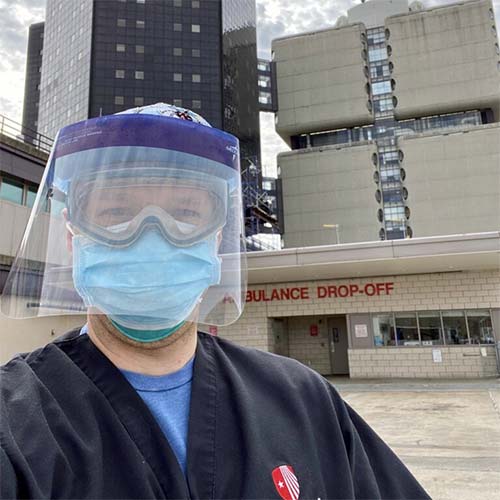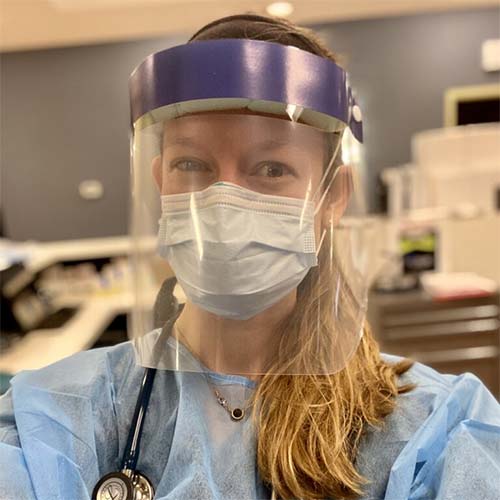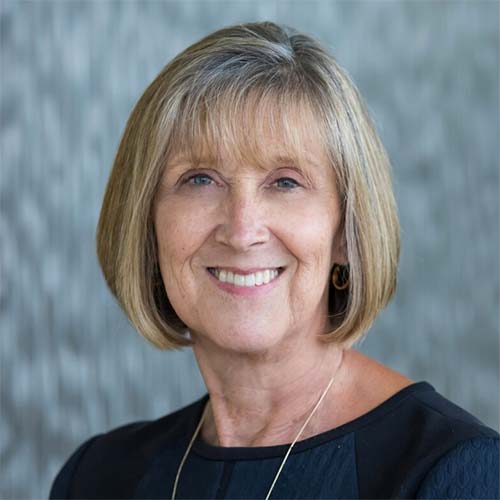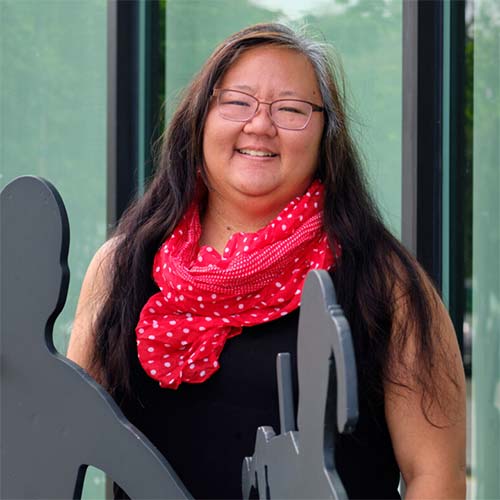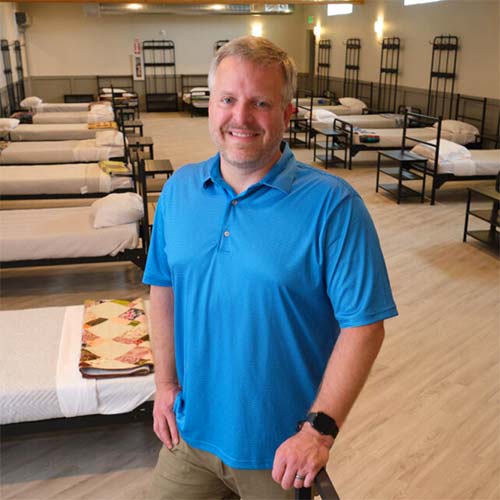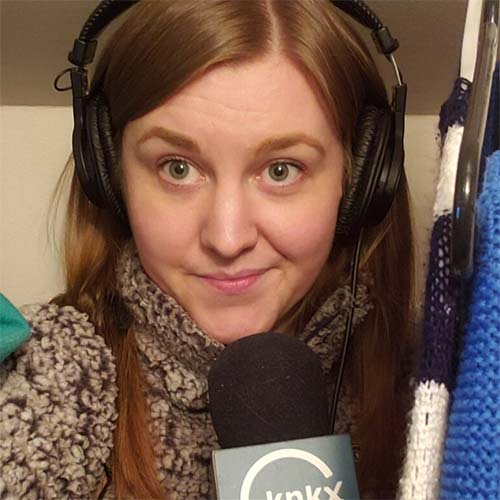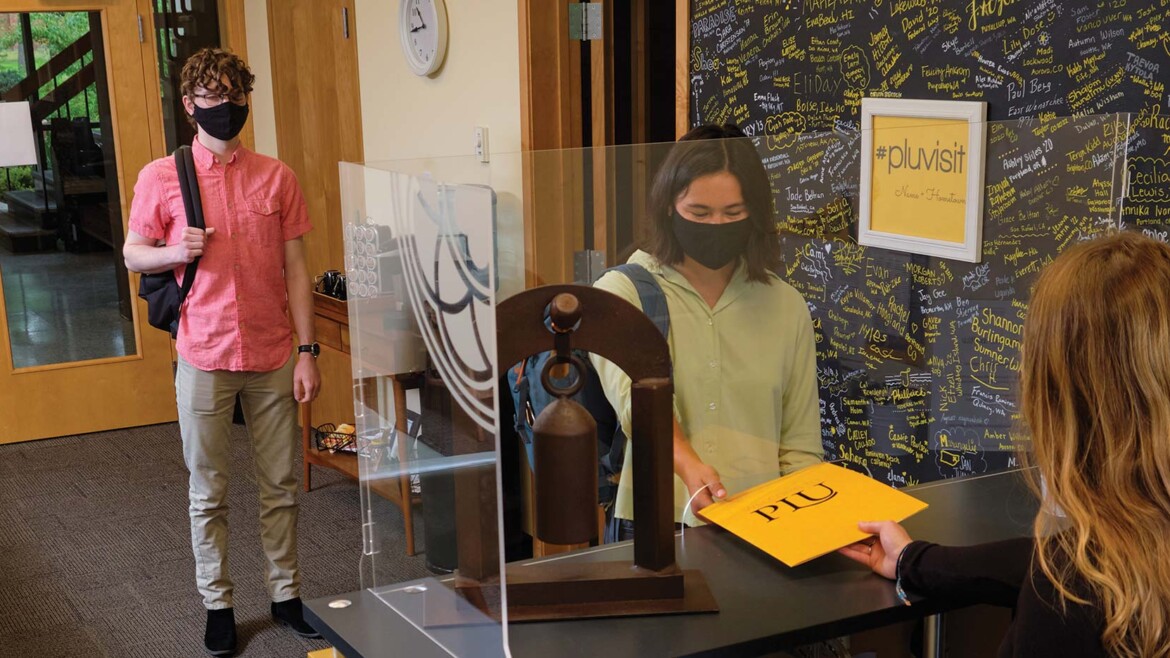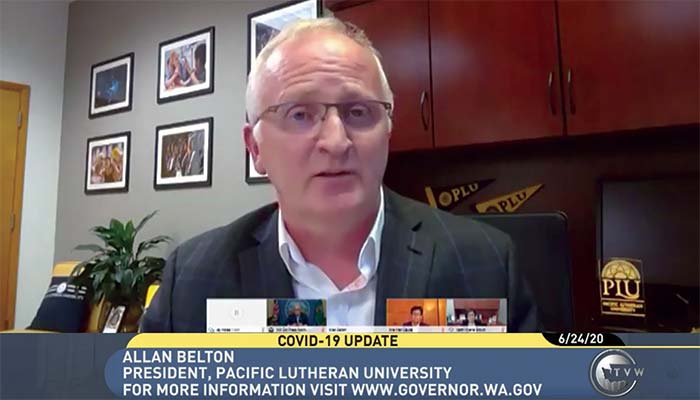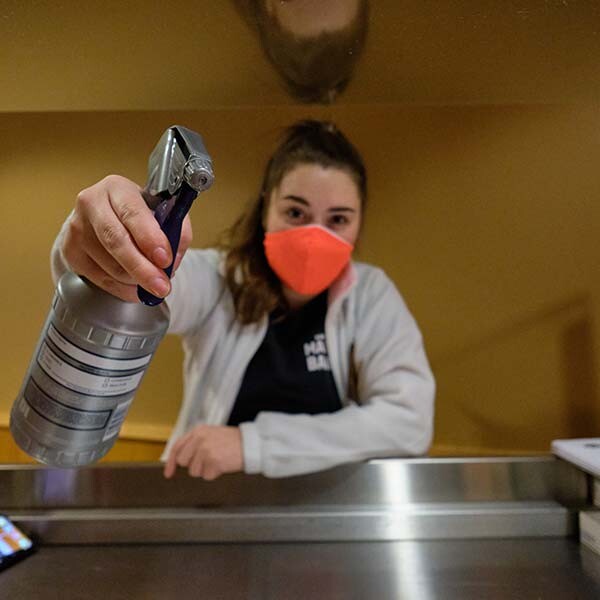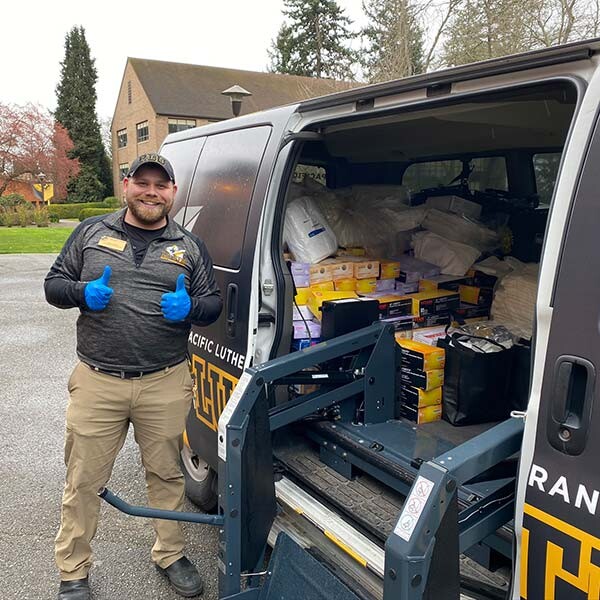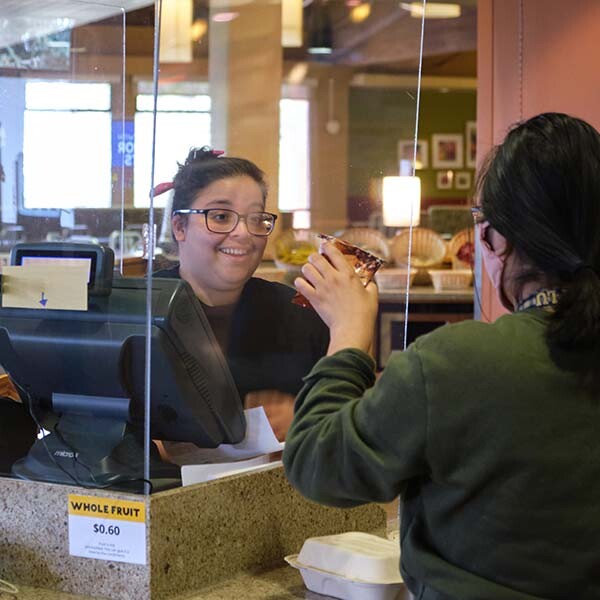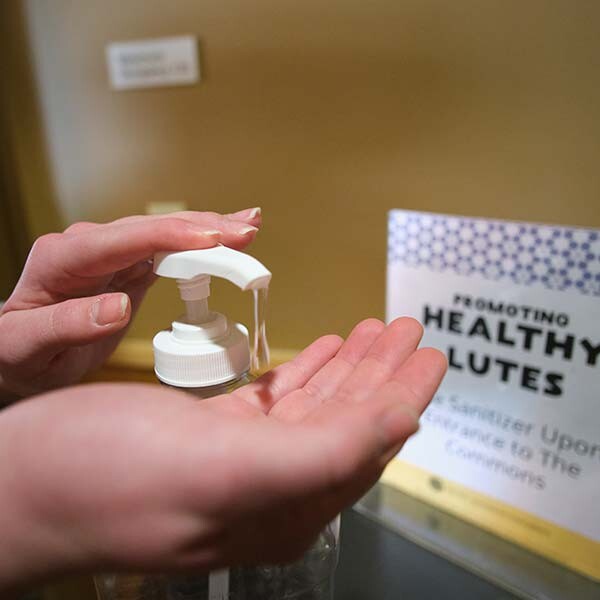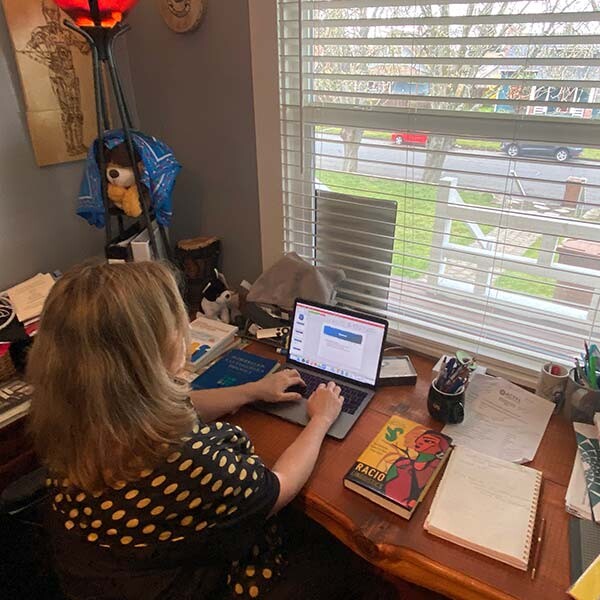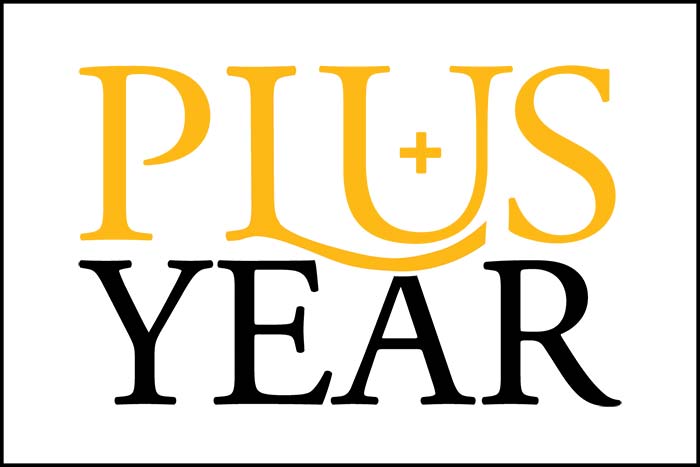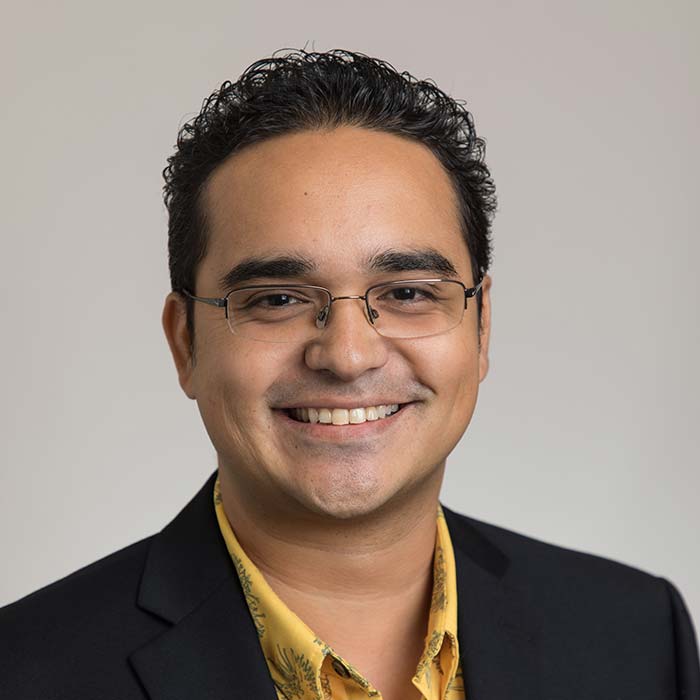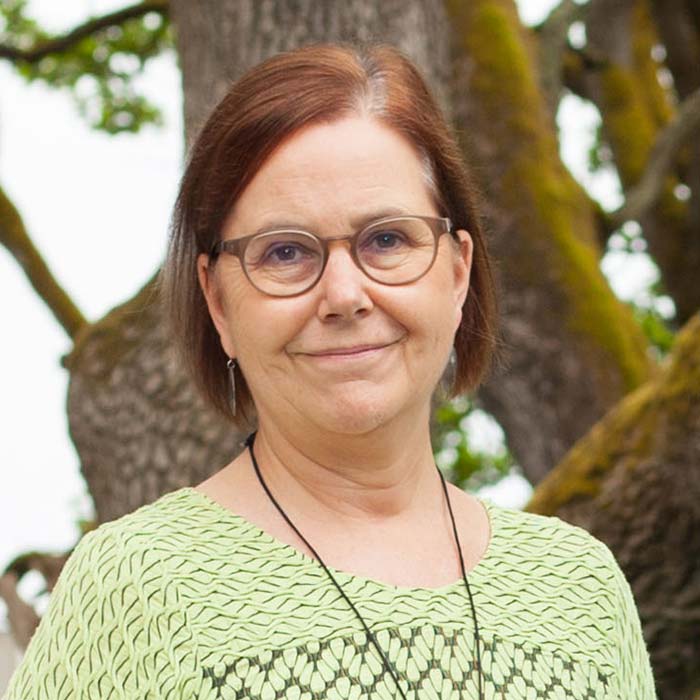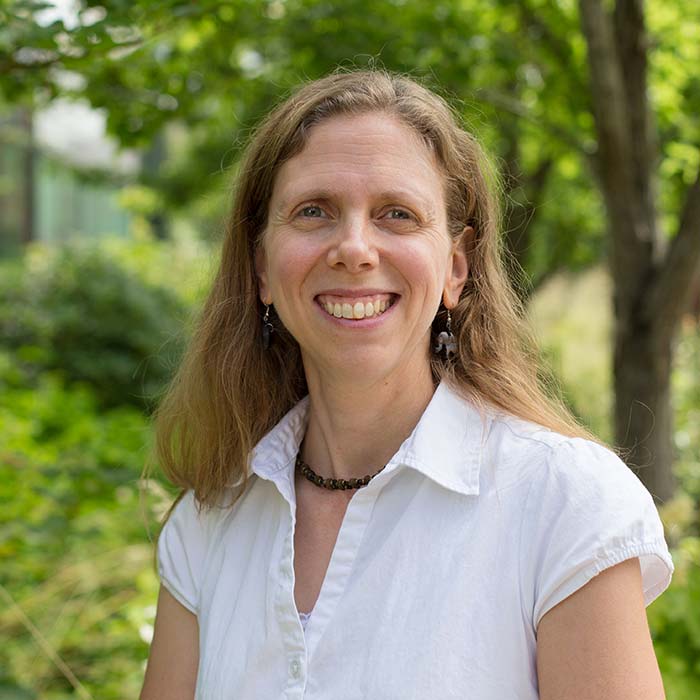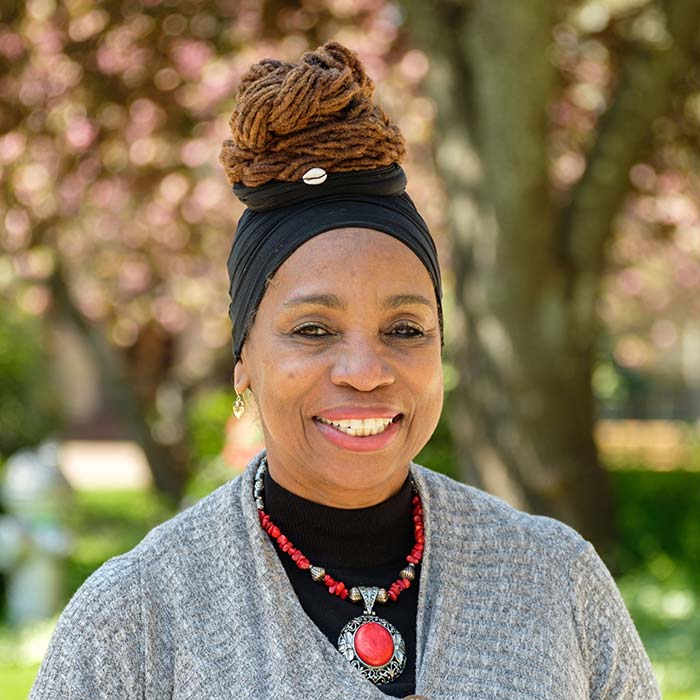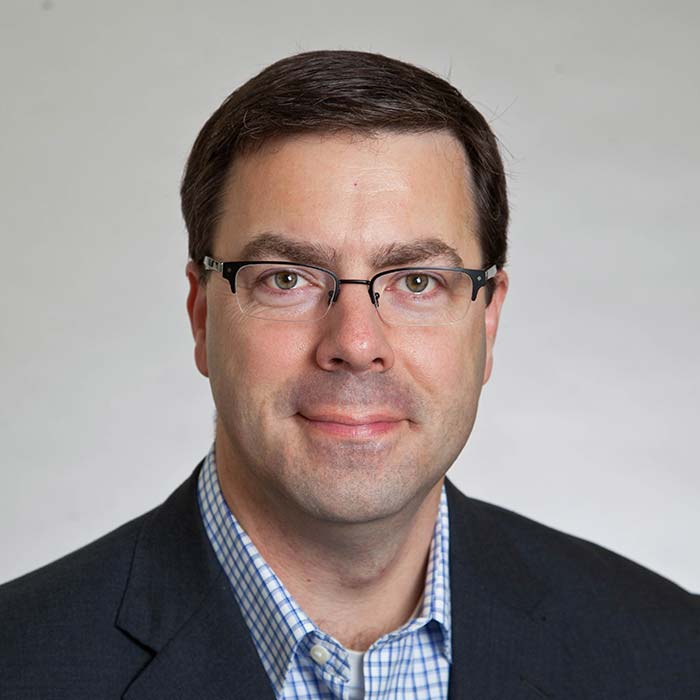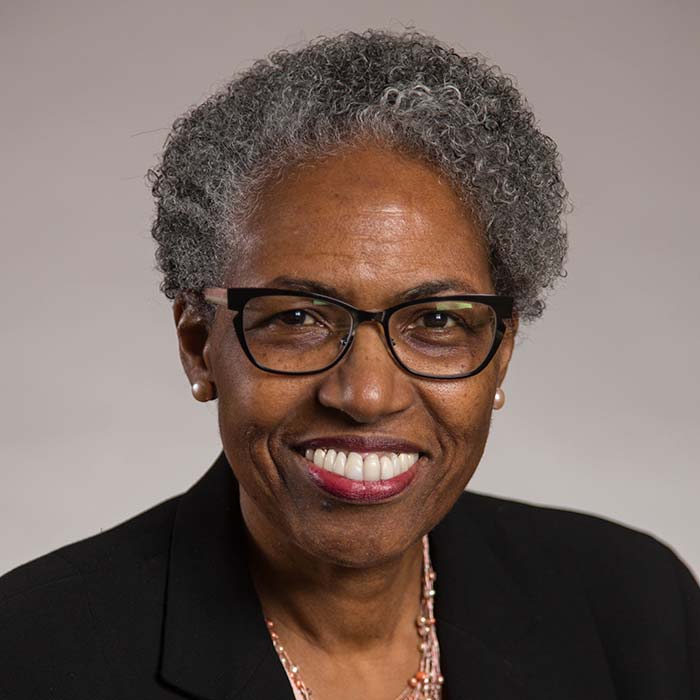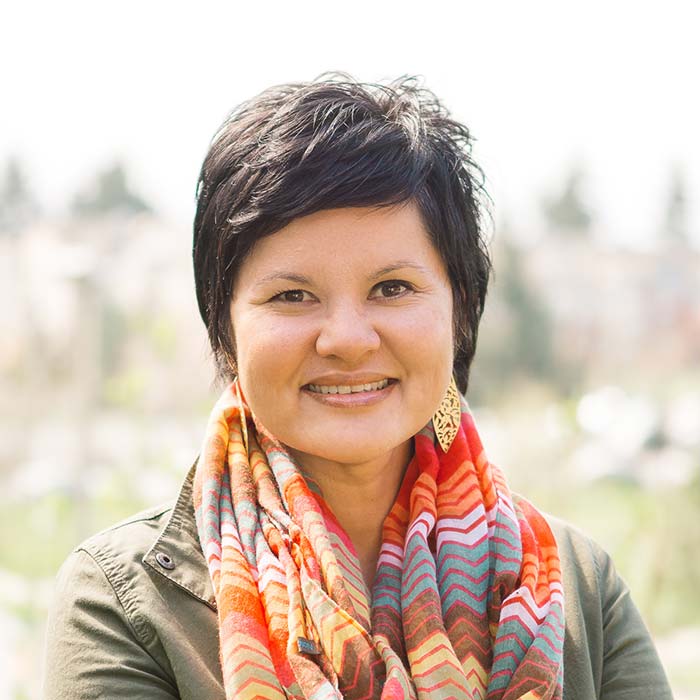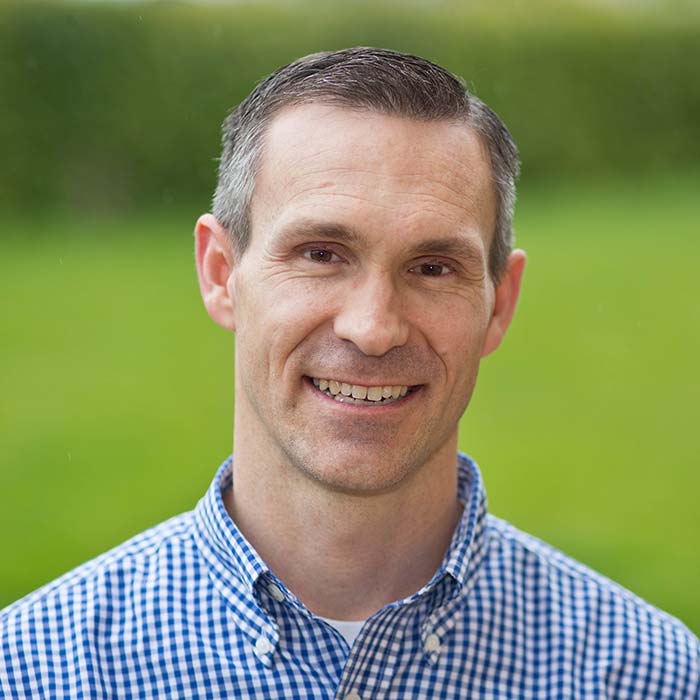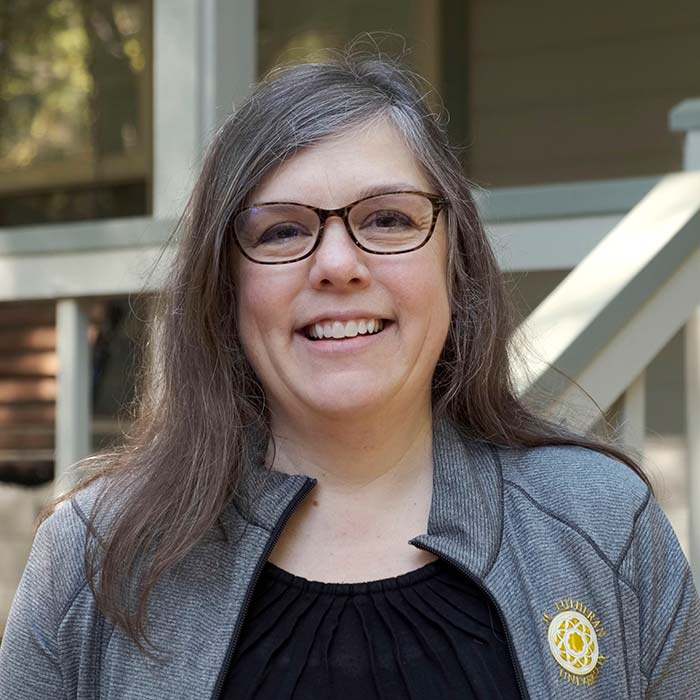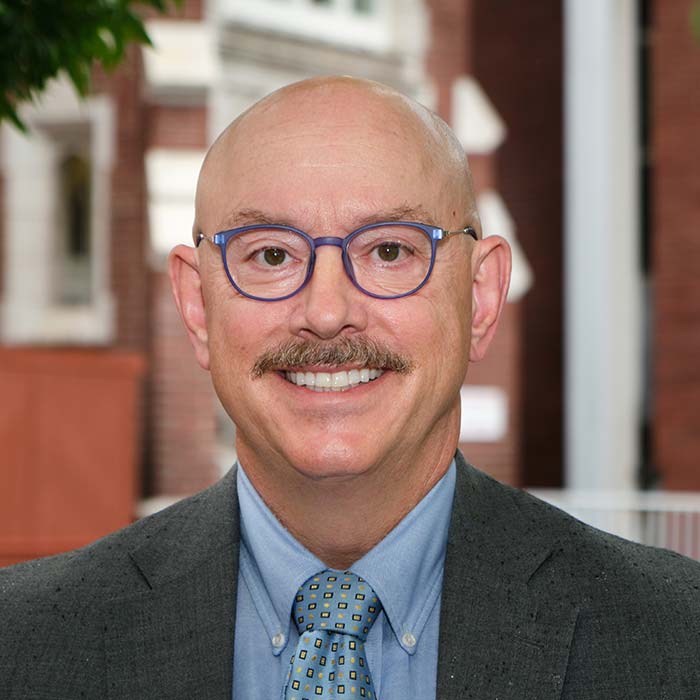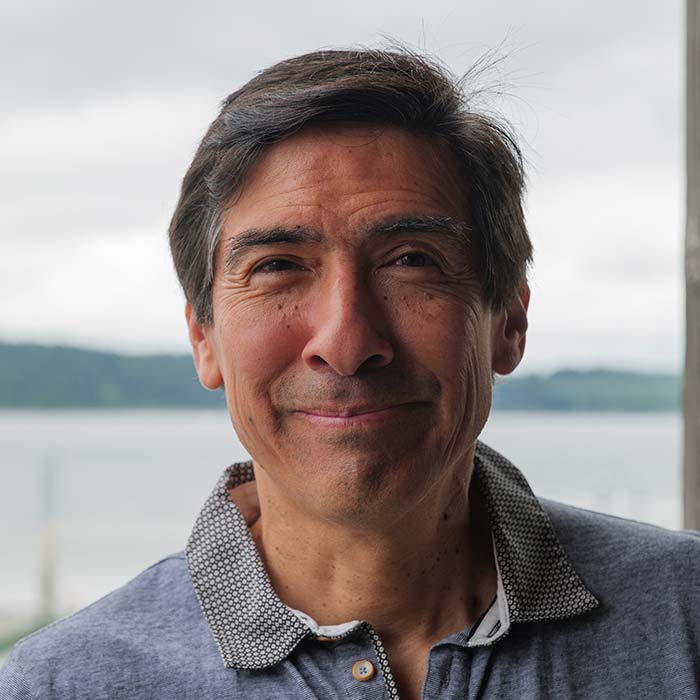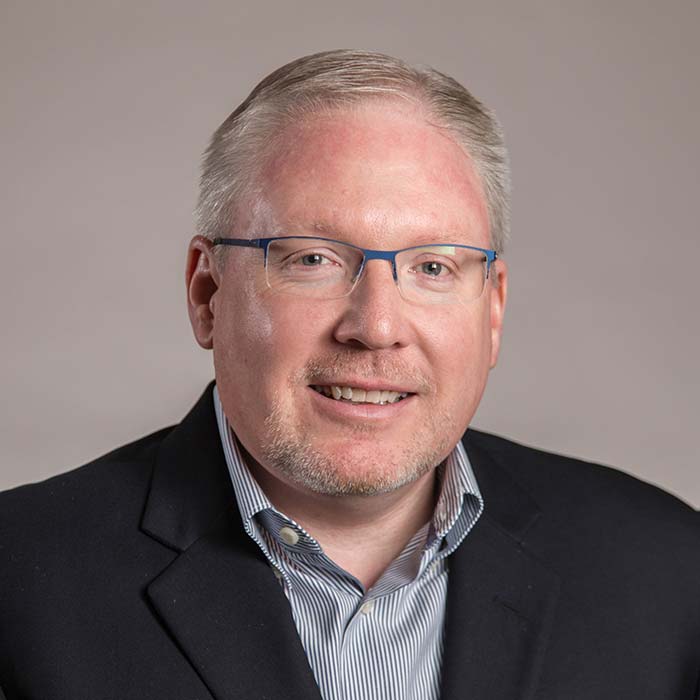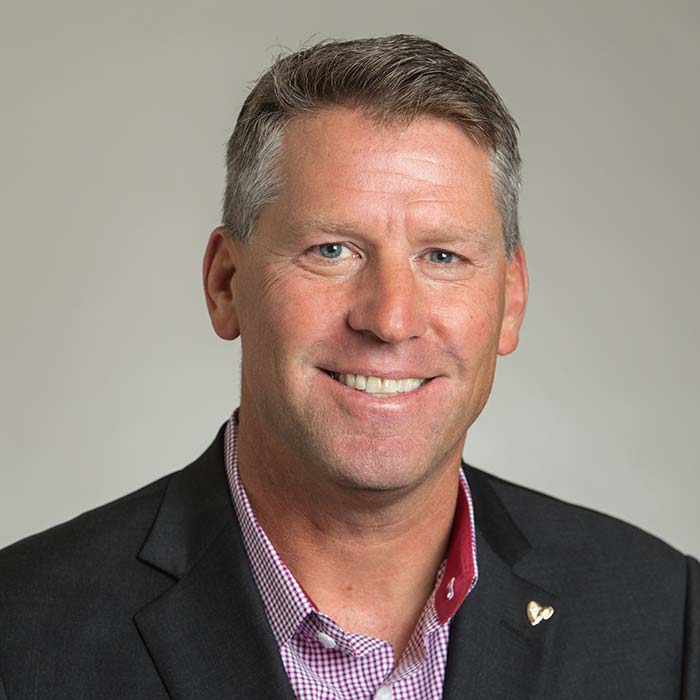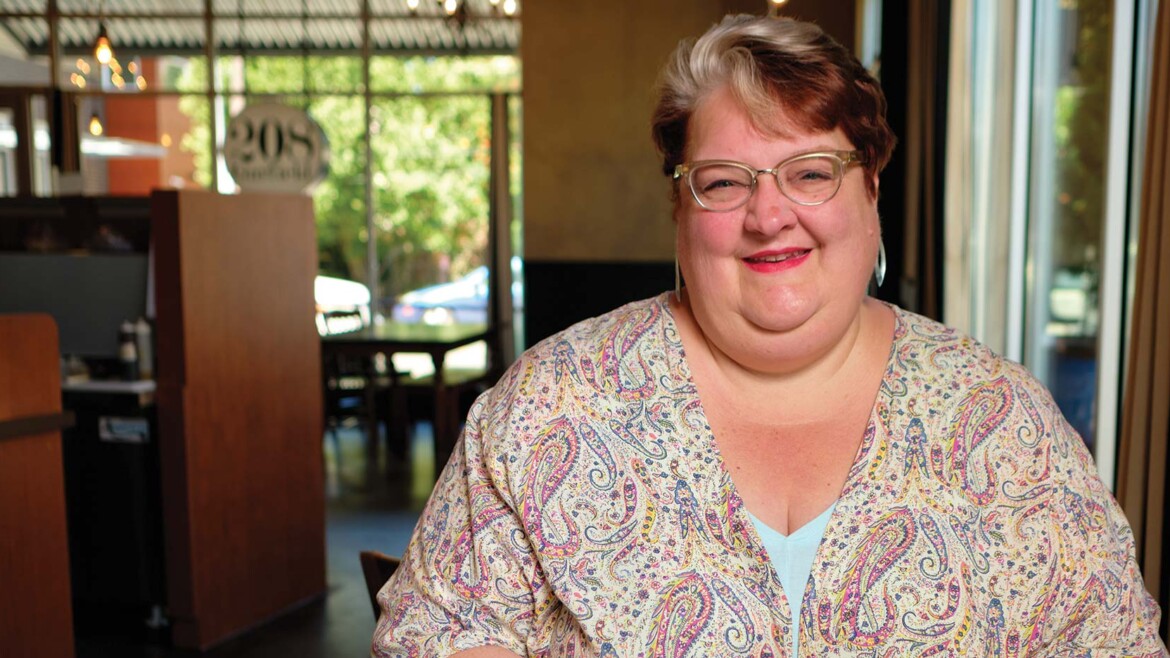Lutes on the Front Lines
Dr. Sean Boaglio ’13
Chrissy Boaglio ’14
Charleen Tachibana ’77
Erin Azama ’01
Duke Paulson '93, MAE ’01
Kari Plog ’11
HOSPITAL HEROES
view full story
Two former Lutes served on the frontlines of the COVID-19 pandemic in New York, one of the hardest-hit states in the nation.
Dr. Sean Boaglio ’13 triaged patients in two parking lot tents at Stony Brook University Hospital, where he’s the academic chief resident in the Emergency Medicine Department. His wife, Chrissy Boaglio ’14, is a physician assistant who works at New York-Presbyterian Hospital in Manhattan in the OB/GYN department, where every woman giving birth is tested. She also administered tests in a parking lot — about 70 people a day — and volunteered to help at a Long Island community hospital on the COVID-19 Emergency Response Team.
Both worked almost around the clock. Chrissy stayed at a hotel her hospital provided, because there was no way to do it all with a long commute. The couple didn’t see each other a lot, but when they did, they worked out (even if it was just in their living room) and turned off technology to relieve stress.
“You can’t prepare really for a disease like this. It’s exciting and an honor to be a clinician at this time, but at the same time terrifying,” Chrissy said. “You can do all the studying you want, but it still wouldn’t prepare you for what we’ve been seeing here in New York.”
HEALTH LEADERSHIP THROUGH THE UNKNOWN
view full story
PLU Regent Charleen Tachibana ’77 is the senior vice president and chief nursing officer at Virginia Mason Health System, where she oversees quality and safety for patient care, including the practice of nursing. During the outbreak of COVID 19, she served as co-commander of Virginia Mason’s incident command center.
“I don’t think we’ve had anything of this magnitude and of this type of intensity. We’ve had other types of unknown factors that have come in during my career. Like when the AIDS epidemic came in, it was unknown. It was slower and maybe didn’t cause the same level of hysteria in such a concentrated period of time,” she said. “We have significant challenges around shortages of PPE (personal protective equipment) and the lack of testing abilities. Just a lot of unknowns that vary from day to day, that then need to be addressed.
SPECIAL EDUCATION TEACHER LEARNS REMOTE LEARNING
view full story
Erin Azama ’01 teaches special education at Grant Center for Expressive Arts, an elementary school in Tacoma’s North End. When schools turned to remote learning due to COVID-19, she had to figure out how to stay connected with her students.
For some families, remote learning was especially difficult — access to technology and supplies were hard. Some already were overwhelmed trying to access food and rent, she said.
Like other teachers, her goal was to help make sure the kids were safe and learning. She would tell parents having trouble teaching math from the book that day to take the lesson into the kitchen while making banana bread.
She’s used to getting creative and thinking on the fly because there is no such thing as a routine day when you are in education — even minus a pandemic.
LEADING THE RESCUE MISSION DURING A PANDEMIC
view full story
Duke Paulson ’93, MAE ’01, is the executive director of Tacoma’s Rescue Mission, which serves the city’s homeless population. He and his staff rely on 7,000 volunteers a year to help with everything from distributing meals, to cleaning, tutoring and more.
But when COVID-19 struck, the volunteer pool shriveled, with volunteer numbers down 30 percent. Workers and the volunteers that stuck around had a lot of anxiety. Paulson knew things had to adapt quickly.
So the mission began practicing social distancing and expanded shelter space. The dining hall turned into a dormitory. All meals were to-go. The same volume of people were served, just differently.
Paulson worked on getting more volunteers – calling everyone he knew and posting on social media. An old PLU friend connected him to the president at Bellarmine Preparatory School in Tacoma and they agreed to partner. Nearly 60 men were sleeping in the school gym every night.
Paulson credits his strong team, the people he has around him, and community support for leadership success.
TELLING COVID-19 NEWS STORIES
view full story
After she shifted to working remotely, Kari Plog ’11 constructed blanket forts to create a makeshift recording studio in her home.
The digital content manager at KNKX, a local NPR affiliate radio station, Plog produced radio segments and podcasts for her station from inside the sound-muffling barrier.
Even though she and her team were largely working from home and practicing social distancing, they also had to venture into the field. Plog said the COVID-19 story has been a challenging one to cover, because it changes so quickly. It can also be heart-wrenching, like when she interviewed the daughter of a retired nurse who died of COVID-19.
However, doing her part and sharing news that is important to the community is rewarding.
“Being in the thick of it is stressful,” she said. “But it also provides an incredible sense of purpose.”


